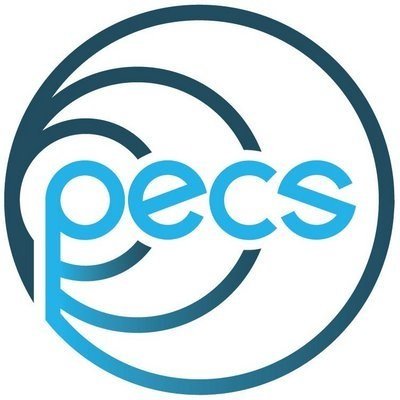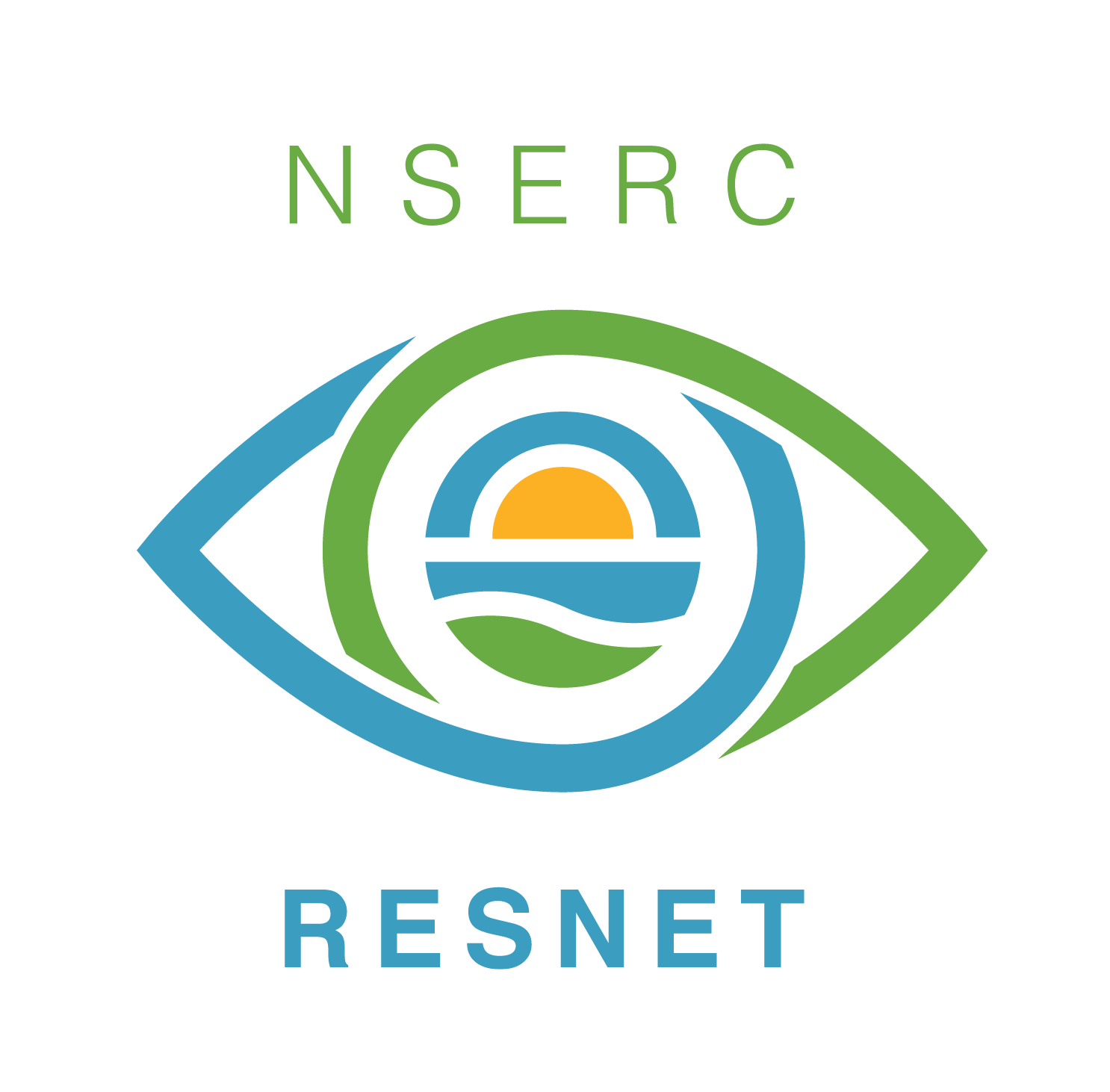Collaborations and Leadership
The IPBES Transformations Assessment aims to “understand and identify factors in human society at both the individual and collective levels, including behavioural, social, cultural, economic, institutional, technical and technological dimensions, that may be leveraged to bring about transformative change for the conservation, restoration and wise use of biodiversity, while taking into account broader social and economic goals in the context of sustainable development.”
ResNet, the Resilience Alliance, and PECS are excited to invite the world’s foremost thinkers and advocates of place-based social-ecological scholarship to Montreal from the 12th to the 15th of August 2024 to share ideas on how to transform sustainable development to better contend with the challenges of the Anthropocene informed by issues and solutions in multiple knowledges and values. Building on PECS-I (Stellenbosch) and PECS-II (Oaxaca), PECS-III will gather a diverse group to share cross-cutting interdisciplinary and transdisciplinary research on social-ecological dynamics in the Anthropocene.
The Seeds of Good Anthropocenes project aims to counterbalance dystopic visions of the future that may be inhibiting our ability to move towards a positive future. We do this by soliciting, exploring, and developing a suite of alternative, plausible “Good Anthropocenes” – positive visions of futures that are socially and ecologically desirable, just, and sustainable. Any “Good Anthropocene” that emerges will likely be radically different from the world as we know it today. Yet we also know that the future will be composed of many elements already in existence, which we call “seeds’, which could combine in unique and surprising ways to create an almost unimaginable future.
As a Future Earth core project, the Programme on Ecosystem Change and Society aims to integrate research on the stewardship of social-ecological systems, the services they generate, and the relationships among natural capital, human wellbeing, livelihoods, inequality, and poverty.
ResNet is a cross-Canada network of researchers and partners designed to strengthen capacity to monitor, model, and manage Canada’s working landscapes and seascapes (and all the ecosystem services they provide) for the long-term shared health, prosperity and resilience for all Canadians through community-engaged research.
The Landscapes and Livelihoods Collaboratory grew out of the McGill Sustainability Systems Initiative’s Landscapes Theme. Co-led by Elena, Dr. Brian Robinson, Jackie Hamilton and Gaëlle Mével, TLLC aims to foster community around research at McGill University on landscapes and human well-being.






